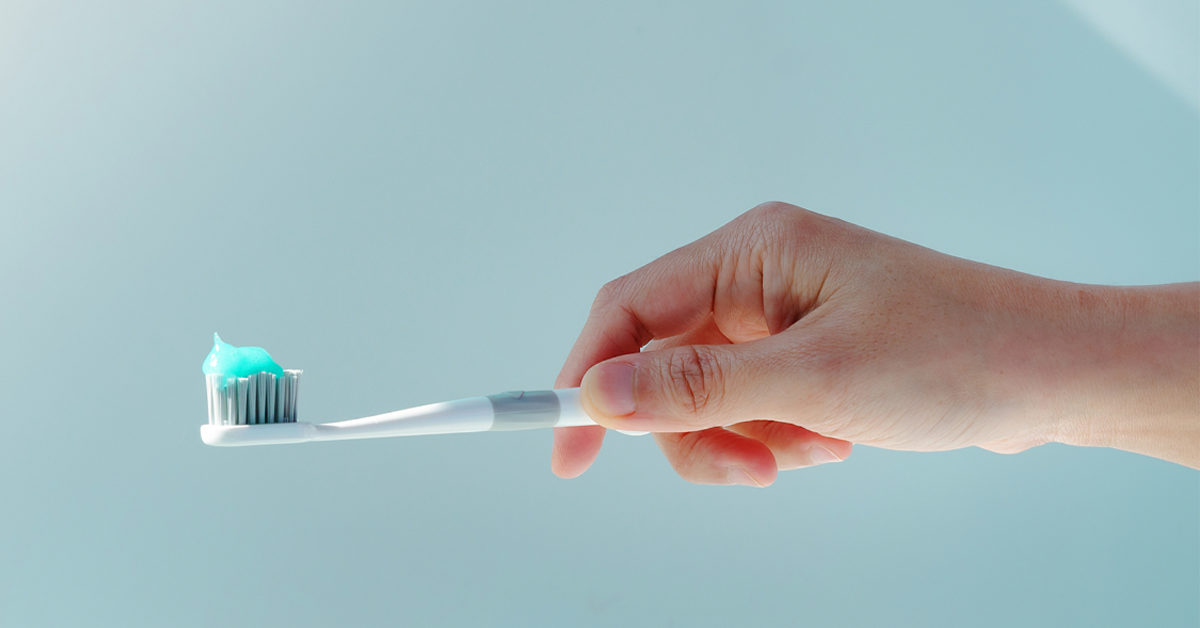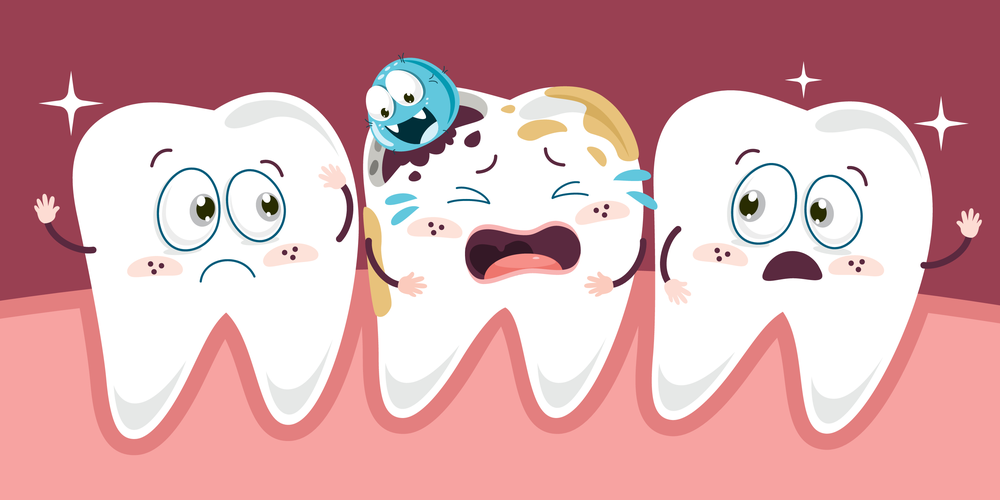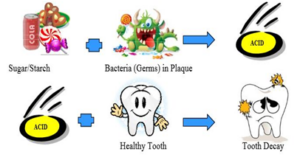- Run hot water over the bristles before and after each use.
- Swirl the bristles in an antibacterial mouthwash for 30 seconds.
- Dissolve 2 teaspoons of baking soda in a cup of water and soak the toothbrush in the solution.
- Dilute 1 teaspoon of 3 percent strength hydrogen peroxide in 1 cup of water and swish the toothbrush bristles in the solution before brushing.
- Soak the bristles in vinegar overnight once per week.
Sometimes the best way to make sure you’re using a clean toothbrush is to simply replace it.




